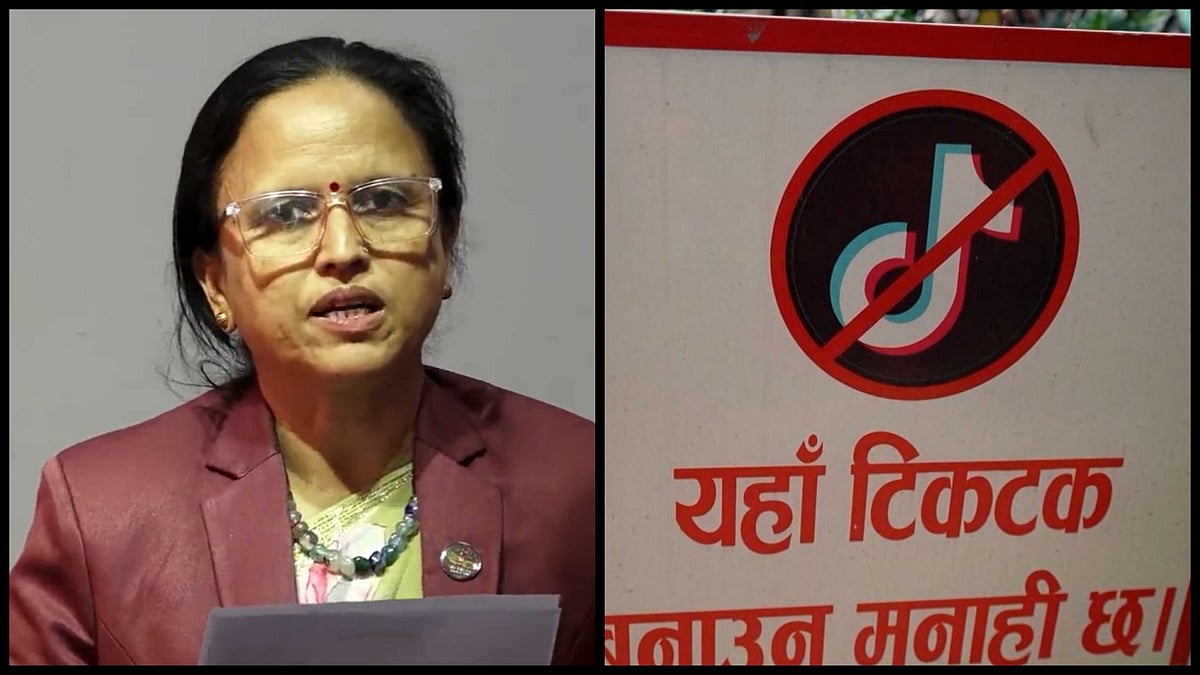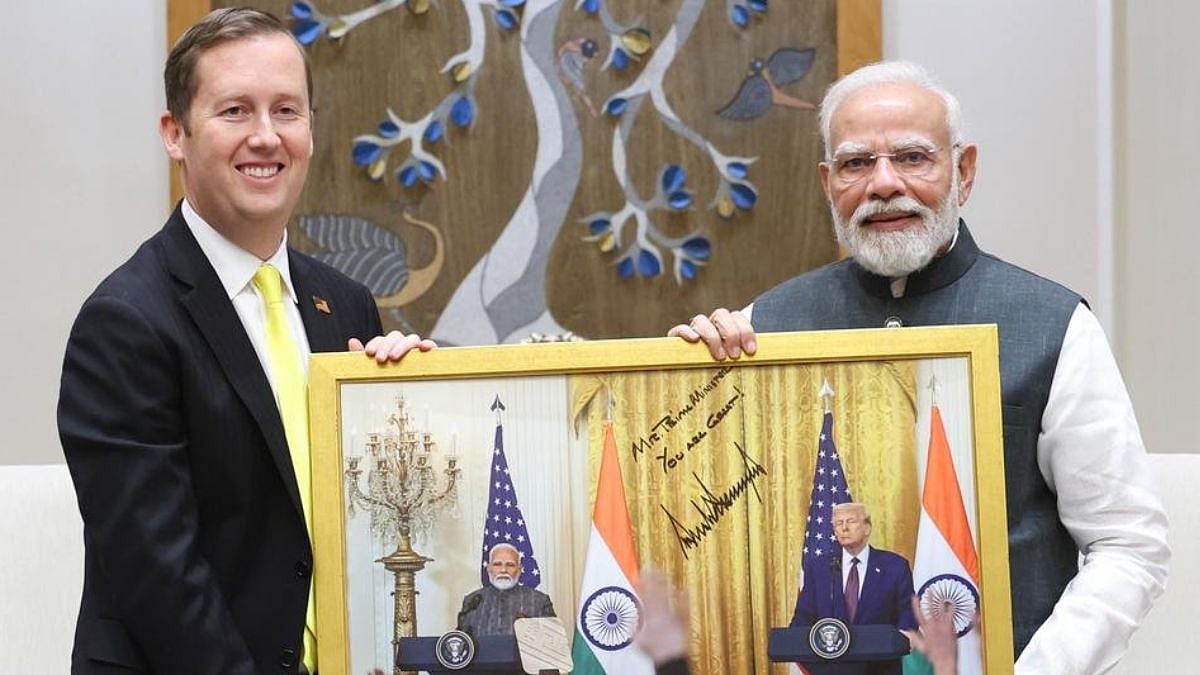The Nepal government on Monday made the decision to ban the Chinese-owned social network platform TikTok, citing its detrimental impact on social harmony. Rekha Sharma, the government spokesperson and Minister for Communication and Information Technology, stated that the Cabinet meeting on Monday determined to prohibit the use of TikTok. The implementation of this ban will be carried out through the Ministry of Communication and IT.
Hate speech and negative impact on social harmony major reasons behind ban
The move to ban TikTok stems from concerns about its negative effects on social harmony, as reported by The Kathmandu Post newspaper.
While acknowledging the fundamental right to freedom of expression, the government pointed out widespread criticism of TikTok for fostering a trend of hate speech. The report noted that over the past four years, 1,647 cases of cybercrime have been reported on the video-sharing app.
The Cyber Bureau of the Nepal Police, the Ministry of Home Affairs, and representatives of TikTok engaged in discussions on the matter the previous week. The decision made on Monday is expected to be enforced after technical preparations are completed. Sharma clarified that the shutdown of TikTok will be promptly implemented with a specific deadline in place.
Last week, discussions occurred among the Cyber Bureau of the Nepal Police, the Ministry of Home Affairs, and TikTok representatives. The decision reached on Monday is anticipated to be put into action once technical preparations are completed.

New rules force social media companies to have offices in Nepal
This recent prohibition closely follows the government's introduction of the 'Directives on the Operation of Social Networking 2023.' According to these new regulations, social media platforms operating in Nepal are now obligated to establish offices within the country.
In a Cabinet meeting last Thursday, it was decreed that major social media platforms like Facebook, X (formerly Twitter), TikTok, and YouTube must open liaison offices in Nepal. The government emphasized the importance of having representatives in Nepal to address user concerns and promptly manage objectionable content.
Companies operating these platforms must set up an office or designate a focal person in Nepal within three months of the directive's enforcement. Additionally, they are required to register their social media platforms with the Ministry of Information and Communication Technology, with non-compliance risking platform shutdowns.
The directives also lay out a 19-point list of activities that users on platforms such as Facebook, X, TikTok, YouTube, and Instagram are prohibited from engaging in.
India had banned TikTok in 2020
On June 29, 2020, the Indian government prohibited TikTok, along with 58 other Chinese-developed applications. The Ministry of Electronics and Information Technology (MeitY) attributed the ban to national security concerns, stating that these apps were "prejudicial to the sovereignty and integrity of India, defence of India, security of state, and public order". Prior to the ban, TikTok boasted approximately 150 million monthly active users in India.
Notably, the European Parliament, European Commission, and the EU Council have similarly enforced bans on TikTok for use on staff devices.










